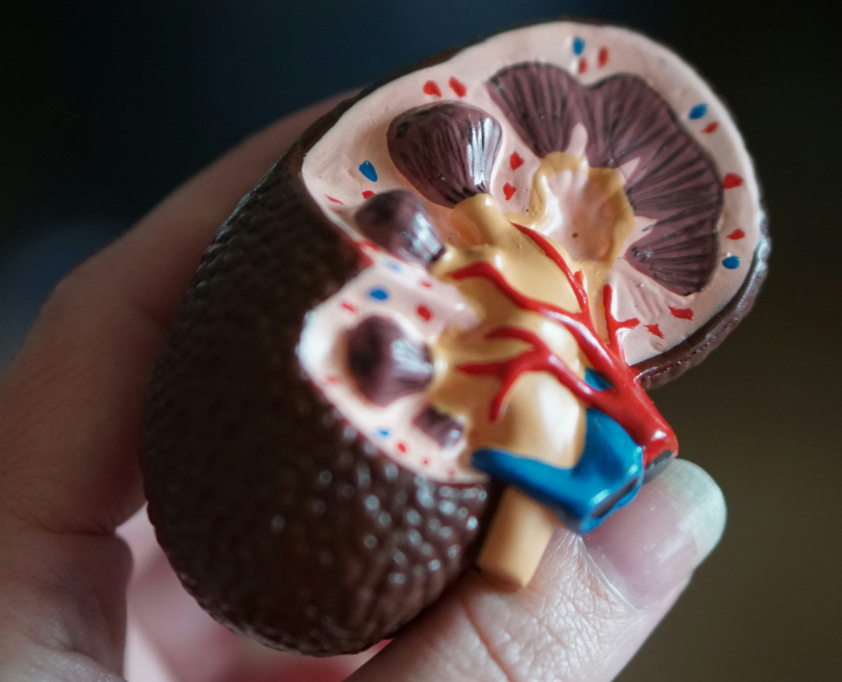Thymoma is associated with myasthenia gravis (MG) primarily due to its role in triggering an autoimmune response. The thymus, where thymomas originate, is critical for T-cell development and immune regulation. In thymoma, abnormal thymic tissue produces autoreactive T-cells that target acetylcholine receptors (AChRs) at the neuromuscular junction, leading to the characteristic muscle weakness of MG.
Key mechanisms include:
- Autoantibody Production: Thymomas express AChR-like proteins, prompting the immune system to produce anti-AChR antibodies, which impair neuromuscular transmission.
- Thymic Dysfunction: The tumor disrupts normal thymic architecture, impairing immune tolerance and allowing autoreactive T-cells to escape regulation.
- Paraneoplastic Syndrome: Thymomas are linked to paraneoplastic syndromes, with MG being the most common, occurring in 30-50% of thymoma cases.
This association is stronger in thymoma than in non-thymomatous MG, and thymectomy often improves MG symptoms in thymoma-associated cases.


Leave a Reply